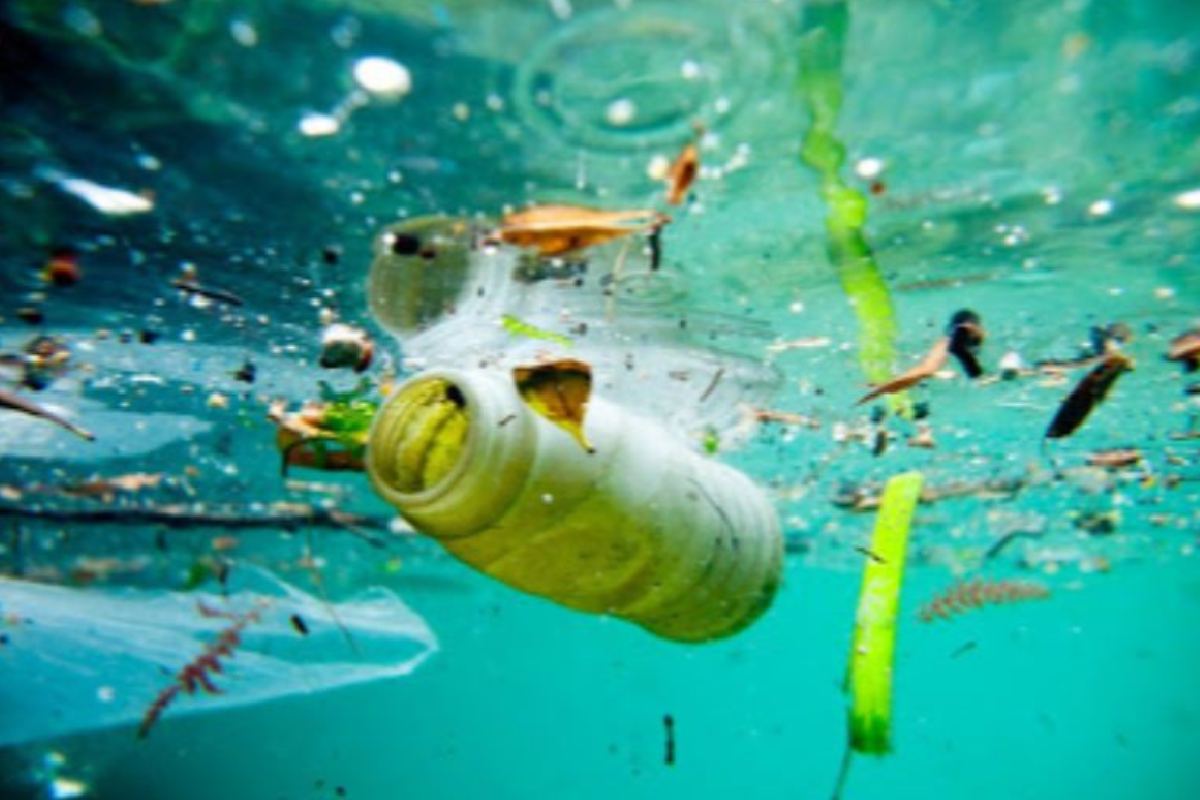Water contamination is an issue that needs to be taken seriously. If left untreated, water contamination can cause several problems for both people and the environment. He e are some of the key facts about water contamination and what you can do to prevent it from affecting your family’s health:
Table of Contents
What Is Water Contamination?
Water contamination is the process of introducing harmful contaminants into drinking water. These contaminants can include bacteria, chemicals, metals, and hormones. There are several different ways that water can become contaminated. The most common cause of water contamination is sewage overflows or illegally dumping of raw sewage. In some cases, wells can be contaminated with the same types of bacteria found in untreated sewage. Chemicals can also enter waterways through industrial waste and other manufacturing activities. Pesticides and fertilizers are also common causes of water contamination. The presence of these chemicals can make the water unsafe for drinking or swimming. In severe cases, the levels of these chemicals can build up in the water and pose a serious health risk to humans and animals. Examples of common chemicals that can cause water contamination include lead, mercury, and arsenic.
What are the Effects of Water Contamination?
The main effect of water contamination is an increased risk of illness and disease. Some of the most common health problems associated with contaminated water include gastrointestinal illnesses, diarrhea, and skin rashes. Exposure to these contaminants can also increase the chances of developing severe kidney and liver problems. Cancer has also been linked to exposure to contaminated water. In many cases, people with compromised immune systems are particularly susceptible to the harmful effects of contaminated water. For example, babies and children can develop skin conditions such as eczema after contact with contaminated water. The symptoms of these illnesses can often be challenging to identify because they closely resemble other more common ailments, such as the common cold.
How Can I Prevent Water Contamination?
You can do many things to prevent water contamination in your home. One of these things is to install an in-home water treatment system. These systems can help to remove some of the most common contaminants in tap water, such as chlorine and sediment. They can also remove harmful microorganisms before they reach your home. Another thing you can do to prevent water contamination is to keep all food safely away from your kitchen sink. This will help to reduce the amount of food waste that goes down the drain. You should flush your toilet on a regular basis to reduce the risk of overflowing. You should also avoid using the toilet as a trash can and throw all of your trash away in a closed container instead. This will help to prevent dirty water from spilling into the toilet and causing blockages. Finally, you should practice good hygiene and keep your house clean.
Living a healthy lifestyle is important in preventing water contamination. This will not only help you avoid illness but will also help you save money on medical bills in the long run. For example, you should drink plenty of water to stay hydrated and avoid getting sick from dehydration. You should also maintain a healthy diet by eating plenty of fruits and vegetables. Try to limit the amount of junk food that you eat and keep sugary drinks to a minimum.
What To Do If You Have Been Exposed?
If you have been exposed to the contaminated water in your home, you should contact your doctor as soon as possible. They will be able to give you some practical advice for dealing with the situation. You may also need to take some precautionary measures to keep yourself safe while you are waiting for the experts to arrive. For example, you should avoid drinking the contaminated water and wash your hands thoroughly with soap and water afterward. You should avoid touching your eyes, nose or mouth while you are washing your hands as this could lead to infection. You should also discard any open containers that might contain the contaminated water. This will help to prevent you from getting in contact with the water and spreading it further.
You may also be entitled to legal compensation if you have been affected by the contamination incident. Speak to a solicitor to find out your options and whether you can claim compensation from the relevant authorities. Tragedies like the contamination at Camp Lejeune can impact entire communities and affect people in vulnerable groups, such as children and the elderly.
It is important that we work together to ensure that such incidents never happen again. Events like these are preventable if we take the necessary precautions to protect ourselves and our loved ones.

